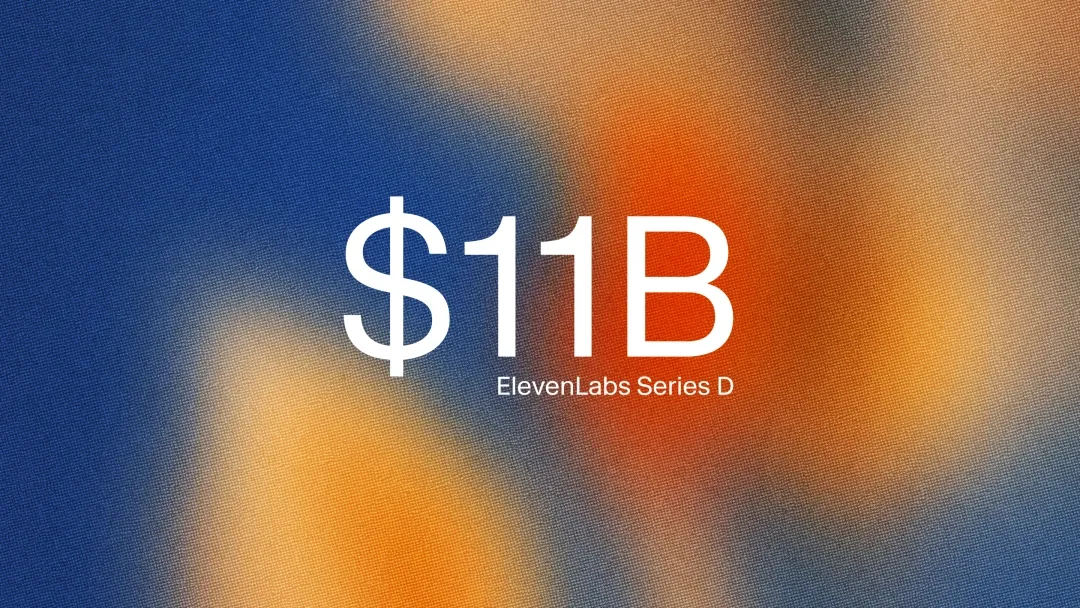This week was less than stellar for X, the social media platform formerly known as Twitter, as first it was the recipient of an open letter from the US Secretaries of State for the states of Minnesota, Pennsylvania, Michigan, Washington, and New Mexico which urged X to address the spread of misinformation about the upcoming US elections on the platform.
Then, the Irish Data Protection Commission launched High Court proceedings against the company after X enabled an option to opt out of its data collection for AI model training purposes as a mitigation measure. Once it was known that the DPC would undertake legal action, X agreed to stop processing the data it had harvested between 7 May 2024 and 1 August 2024 until the DPC could review the platform's data collection policies.
Elsewhere, the idea of having AI-powered assistants support users' mental health gained traction, with two different startups announcing they had raised funding for their respective products. US-based Feeling Great emerged from stealth with $8 million in seed funding and launched its app, which supports users by providing guided lessons on mental health topics and an empathic assistant. Likewise, Berlin-based clare&me announced it had raised €3.7 million in funding to develop the world's first clinical language model. The startup currently offers two products: an empathic chatbot that supports users' wellbeing and is reachable via phone, SMS, and WhatsApp, and a tool for automating intake interviews via SMS or WhatsApp.
Other notable headlines this week include:
Groq raised a $640M Series D round at a $2.8B valuation: Groq, a leader in AI inference technology, has secured $640 million in Series D funding at a $2.8 billion valuation. The company aims to scale its GroqCloud platform by deploying over 108,000 LPUs by Q1 2025 to accelerate innovation in AI inference computing.
KNIME raised $30M to strengthen its AI governance and ModelOps capabilities: KNIME, a leading open-source data science and AI platform, recently secured a $30M investment from Invus to meet growing customer demand and incorporate the latest data science and AI advancements into its platform.
Amazon Music's new Topics feature leverages AI to help users discover new podcasts: Amazon Music has launched "Topics," an AI-powered feature that uses AWS technology and human curation to enable users to discover episodes based on specific discussed themes. The Topics feature is rolling out for Amazon Music's top podcasts and is available to US-based mobile device users.
Cala Systems raised $5.6 million to optimize water heating in US homes with AI: Cala Systems, a Boston startup, raised $5.6M for AI-powered heat pump water heaters. Their system predicts hot water demand and optimizes energy use. Their 65-gallon model, costing $2,850, will be available in 2025. The funding will support US-based production.
Amazon's Titan image generation model received an upgrade: Amazon has updated the Titan Image Generator v2 by introducing new features like image conditioning, color conditioning, background removal, and subject consistency to streamline visual content creation and enable greater precision and brand consistency.
Audible is beta-testing Maven, a conversational AI-powered search feature: Audible is testing Maven, an AI-powered search feature using natural language processing to provide personalized audiobook recommendations, enhancing user discovery across its vast catalog.
Mechanical Orchard raised $50M to keep modernizing large organizations' software systems: Mechanical Orchard, an AI-powered legacy software modernization startup, has secured $50 million in Series B funding led by GV to scale its innovative approach to transitioning large organizations from outdated IT systems to modern, cloud-based applications.
Napkin AI emerges from stealth with $10M to transform text into visuals: Napkin AI, a new visual AI platform that transforms text into customizable visuals using generative AI, has emerged from stealth with $10 million in funding from Accel and CRV, aiming to revolutionize corporate communication and content creation.
A new experimental feature lets YouTube creators brainstorm video ideas with Gemini: YouTube is testing "Brainstorm with Gemini," an AI-powered feature that helps creators generate video ideas, titles, and thumbnails, as part of its strategy to enhance content creation and compete with other platforms.
The CMA's inquiry into Anthropic and Amazon evolved into a Phase 1 investigation: The UK's Competition and Markets Authority is investigating Amazon's $4 billion investment in Anthropic and their cloud partnership, as part of a broader scrutiny of AI industry collaborations, to determine if it constitutes a merger situation requiring further investigation.
Anysphere, the startup behind Cursor, raised a $60M Series A: Anysphere, the startup behind AI coding assistant Cursor, has secured $60 million in Series A funding led by Andreessen Horowitz and Thrive Capital, reaching a $400 million valuation as it competes in the growing market of AI-powered coding tools.
Imperial College London and DeepMind are researching embodied agents that learn more efficiently: Researchers from Imperial College London and Google DeepMind have developed DAAG, a novel AI framework that combines language and vision models to enhance embodied agents' learning efficiency and adaptability, addressing the challenge of limited training data in physical environments.
Google DeepMind researchers are working on a 'solidly amateur' table tennis-playing robot: Google DeepMind has developed a table tennis-playing robot that performs at an amateur human level, winning against beginner and some intermediate human opponents, marking a significant milestone in robotics while highlighting areas for impact outside the realm of table tennis.
SoundHound AI has acquired Amelia AI to expand its customer service offerings: SoundHound AI has acquired Amelia for $80 million, combining their expertise in voice and conversational AI to become a leading provider of AI solutions across multiple industries, with expected combined revenue exceeding $150 million in 2025.
Bardeen secured $3M in new strategic investment from Dropbox and HubSpot: AI-powered workflow automation startup Bardeen has secured $3 million in strategic investment from Dropbox and HubSpot, bringing its total funding to $22 million, as it aims to revolutionize business process automation by focusing on repeatability and customizability.
AI-powered dictation assistant Silvia can speak Spanglish: A new AI assistant called Silvia, created by engineer Mansidak Singh, can understand and transcribe "Spanglish" and other language mixtures, addressing a common need among bilingual speakers, and promises to expand to more language combinations in the future.







Comments